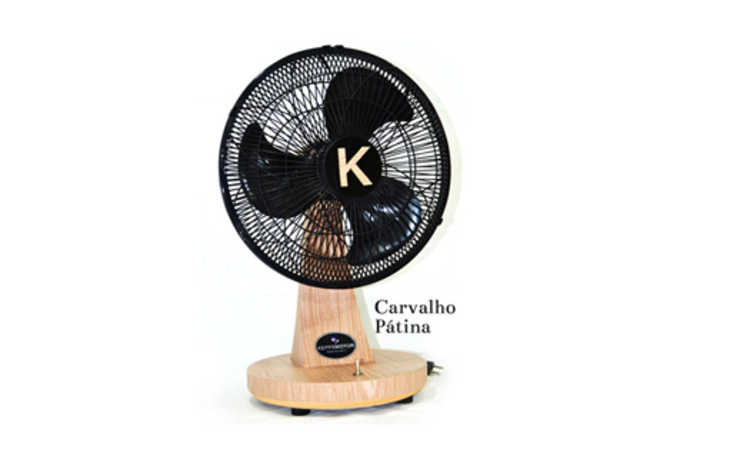What is orthorexia?
Orthorexia is defined as excessive preoccupation with healthy eating, but there is controversy

Edited and resized image of Charles Ph is available on Unsplash
Orthorexia is not officially recognized as a disease. But some health professionals classify it as an eating disorder. The term suggests that eating "too healthy" can be bad for your health. As contradictory as this may seem, it is in the middle of this contradiction that the term "orthorexia" is found.
Which is?
Eating too healthy does not harm your health. What the current that debates "orthorexia" points out as a problem is, in the search for healthy eating, the exaggerated concern with the biological point of view on food, that is, with the effects of nutrients and additives present in what is ingests provide the body. As the individual knows what harmful effects a certain type of food can cause, he avoids it. Thus, the cultural function and well-being involved in the act of eating end up losing space.
Orthorexia, a word inspired by the Greek terms “orthos” (correct) and “orexis” (appetite), does not define a disease officially recognized by international standards for classification of diseases, but characterizes a debate around healthy eating.
How did the term come about?
This debate began with the physician Steven Bratman, who, upon observing his own eating habits, had the perception that he could possibly be exhibiting harmful behavior to health.In the doctor's own words:
“(...) I ate fresh, quality vegetables that I planted, chewed each spoonful more than 50 times, always ate alone, in a quiet place, and left my stomach partially empty at the end of each meal. I became a wannabe who disdained any fruit plucked from the tree more than fifteen minutes ago. For a year on this diet, I felt strong and healthy. He regarded with contempt those who ate French fries and chocolates like mere animals reduced to the satisfaction of their desires. But I was not satisfied with my virtue and felt alone and obsessed. It avoided the social practice of meals and forced me to clarify family and friends about food.”Who is subject?
According to an article published by Scielo magazine, this obsessive search for eating only foods that are in accordance with a diet previously established in biological parameters is a behavior that occurs mainly among medical students, physicians, nutritionists, anxious individuals, individuals obsessive-compulsives, people who want to get the perfect body (according to the ideals established by the individual based on social standards) and athletes, but anyone is liable to develop orthorexia.
Symptoms
The individual who has orthorexia carefully analyzes the nutritional and caloric value of foods and does not allow the slightest conduct outside of what was previously established. If you happen to “slip” on your diet, you feel infinitely guilty and inferior. Other symptoms of orthorexia include:
- Spend more than three hours a day on diet planning;
- Presence of phobic and obsessive traits;
- Preference to fasting over eating what is considered “out of bounds and impure”;
- Fixation for "ideal" food even if it costs health damage;
- Feeling of dissatisfaction with one's condition;
- Persistent attempts to enlighten others about the benefits of the diet followed;
- When the search for ideal food is religiously based, the search for spiritual compensation may occur;
- Peculiar rituals and carefully chosen objects for the act of eating.
Individuals with orthorexia usually isolate themselves socially and stop participating in family and social events due to fixation on the perfect diet. This harms mental health and he feels increasingly dissatisfied with this condition, which ends up making the conduct unfeasible or leading to extreme situations, in which the individual's own health is put at risk.
Controversy
Some time after starting the debate around the term “orthorexia”, the physician responsible for the classification of what would be an eating disorder criticized his primary definition of orthorexia.
According to Bratman, he was wrong in failing to emphasize the difference between healthy eating and orthorexia in its original definition. He says that many articles have been published that misuse the term “orthorexia”, equating what would be healthy eating with an eating disorder.
According to the doctor, a diet can completely cut out one food group or more, be conventional or unconventional, extreme or lax, normal or totally crazy, but regardless of the details, diet followers do not necessarily have orthorexia; if so, any conventional restrictive medical diet would be orthorexa.
To be orthorexa, a person must have an eating disorder related to trying to maintain a healthy/restrictive diet.
The author of the debate on orthorexia recommends: “Keep a sense of balance: you can prefer organic foods (I do too), avoid chemical preservatives and antibiotics (I also avoid them) and consider that many processed foods are not foods (I think so too), that doesn't mean you should follow these principles 100% of the time. This would be perfectionism, obsession, orthorexia ."
Another criticism made to the term is about its uselessness, since, for unhealthy eating habits, there is already the classification of "eating disorder", which is widely accepted by the medical and nutrition society.
Eating healthy is not wrong
Healthy eating does not only include the nutritional, caloric and biological values of food, but also adequate mental health, in which eating does not become a martyrdom but a pleasurable activity.
It is true that pesticides, herbicides, transgenics and industrialized products are not completely healthy and that eating fresh, organic food at the right times and in the right amounts is better, for example. But in the world we live in, maintaining a 100% strict diet in these parameters is practically impossible or very costly in terms of efforts that end up making eating a displeasure. The ideal would be to have a healthier food quality than the current standard, but until then, balance and common sense are needed.
Following a healthy diet is not a mistake, quite the opposite. The mistake is to make the search for healthy eating unhealthy. Balance is fundamental to life and well-being.
There is no "villain" food and "angel" food. Coconut oil, for example, which for some works as a source of lauric acid (as well as breast milk) and can even have beneficial uses on the skin, can be considered the villain for being too rich in saturated fat. It's okay to ingest coconut oil, the problem is mainly in excess. And that goes for any food, including water.
On the other hand, people with food allergies and intolerances and different cultural eating habits cannot be discriminated against.
In the case of celiac and gluten intolerant people, for example, it was established in Brazil that it was mandatory to identify foods containing gluten. Respect also applies to those who have restrictive diets such as those allergic to peanuts, milk, among others. This is also true for those who do not have allergies, but prefer to restrict some foods in their diet by choice, not deserving to be classified as "orthorexic" if they lead a healthy life.
It is by respecting differences, with balance and common sense, that a truly healthy life is lived.










